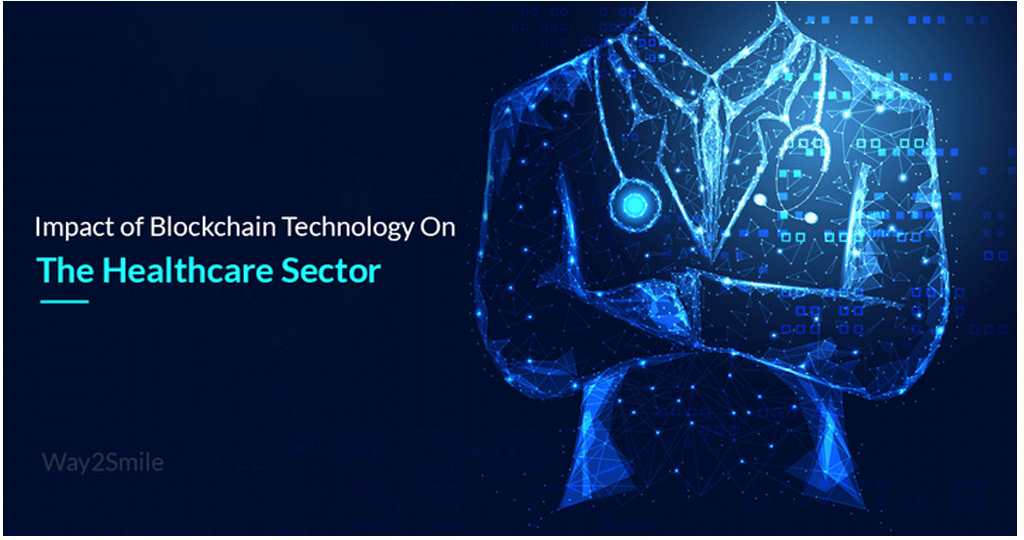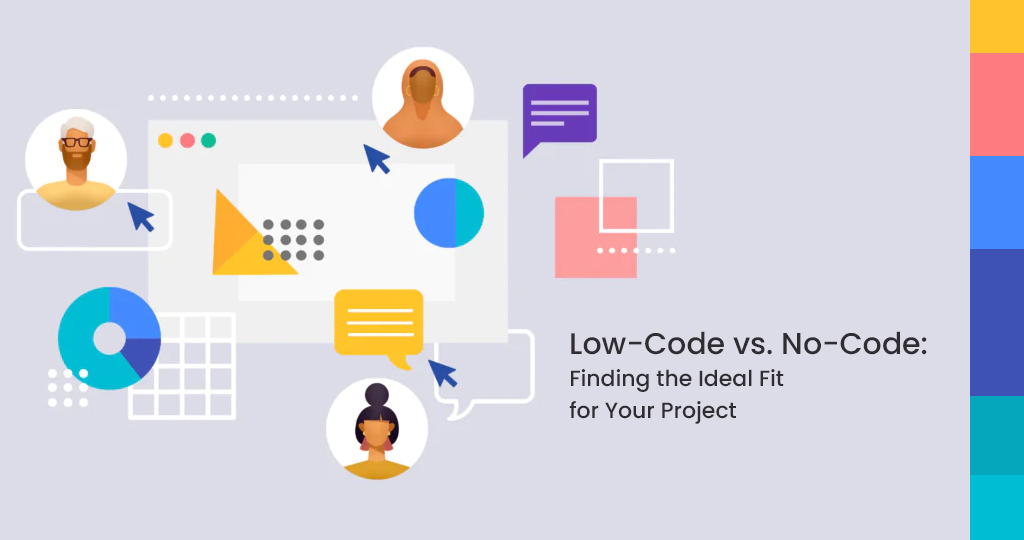Blockchain as a technology has grown to become one of the most influential inventions of the modern-day world. The latest from the blockchain space is that the industry players believe the technology boosts the potential to transform the healthcare industry for a greater good. After disrupting every other industry on the planet, blockchain has moved towards the healthcare sector. Experts believe that being a reliable and secure digital ledger, blockchain development technology can transform the healthcare sector in many ways. For starters, Blockchain solutions for healthcare can help improve three critical issues in the industry that are clinical trials, patient data management, and drug traceability.
With that said, blockchain technology in healthcare can help place the patient at the core of the healthcare ecosystem and improve the interoperability, privacy, and security of health data. While it will some time to completely let blockchain control the healthcare sector, in the meantime, it will provide industry players with a fertile ground to invest, experiment, and test the waters. If you are a technology enthusiast working in the healthcare sector, you would definitely be intrigued by the idea of incorporating blockchain in the industry. You should know that it doesn’t just revolve around the digital currencies (cryptocurrency), but can be used in diverse ways.
Everything you need to know about blockchain
The concept of blockchain technology is quite simple. It is a network of blocks that is constantly changing and growing, adapting to different industry needs as well as their peculiarities. It is based on distributed ledgers that contain facts or information about the digital currency, such as the location of cryptocurrency. In simple terms, it is a record of new transactions. For example, in conjunction with the medical sector, it can be a record of medical data such as patient vitals, medical device logs, or temperature of medicinal products during shipment. When a new block is completed (filled with information or data), it is adjoined to the chain of the previously created blocks. This way, the information is stored securely, which can be accessed anytime from anywhere.
The technology uses decentralized networks that help the system check for any suspicious alterations in the chain. It works in a way that every block added to the chain is distributed to all the computer systems in the network, and if any computer system tries to change the previous block(s), other systems compare it with their local copies and identify it as fake. Originally, blockchain was developed to eradicate the need for centralized banks to validate and process transactions. It allows people to transfer currency freely since each computer system in the network can analyze the chain and determine whether or not a transaction is legitimate. One cannot compromise the blockchains unless the security of every computer system gets altered simultaneously. This level of data integrity and security comes in handy for the reduction of costs in the healthcare industry.
Why blockchain's impact on healthcare considered a big deal?
According to experts, it is a revolutionary invention that can solve numerous digital challenges like:
- Eliminating the need for third-parties, including banks and other financial institutions, reducing the cost of transactions through peer-to-peer transactions.
- The data is stored across the systems rather than centralized databases, which makes blockchain highly secure and hack-proof.
- It offers a great deal of transparency since every transaction is verified and recorded publicly.
- Last but not least, healthcare app development with blockchain technology provides a great platform for innovative and new business models to grow within the healthcare sector and compete with conventional businesses.
Here is how Blockchain Technology in Healthcare can be used.
#1 Securing Patient Data
In the present world, keeping the patient data safe is of supreme importance. Blockchain solutions for healthcare can help work on this aspect. The primary reason why blockchain can be helpful to the healthcare industry is its lagging security. According to reports, between 2009 and 2017, over 176 million patient data were exposed during data breaches. The report says that the perpetrators stole banking information, credit card details, as well as genomic testing and health records of the patients. Blockchain can help provide an unbreakable network that will keep patient data decentralized and transparent. Moreover, through dedicated healthcare app development using blockchain, patients can conceal their identity and protect their sensitive medical data. Thanks to the decentralized nature of blockchain, doctors, patients, and hospitals can share the same information safely and quickly.
#2 Preventing Costly Mistakes
According to reports, miscommunication between healthcare providers and doctors costs the industry around a whopping $11 billion a year. It is stated that the time-consuming process of gaining access to the patient’s health records drains staff resources and could delay patient care. Incorporating blockchain into medical records can help solve this problem. The decentralized nature of blockchain helps in creating a single ecosystem of the patient data, which can be efficiently and quickly referenced by medical staff, doctors, and hospitals. As a result, it can help with the faster diagnosis of the patients and personalized care plans.
#3 Supply Chain Management of Medicines and Drug Traceability
It is quite difficult to tell whether the medicine you use is really un-tampered. Moreover, you cannot also tell whether it is coming from a legitimate supplier. All these concerns can hinder the performance of the medial supply chain. Blockchain development technology can fill the void present in the pharmaceutical supply chain management. The decentralization ensures full transparency with the shipping process. For example, with a blockchain ledger, you can store the details of the drug created, including the point of origin, which is the laboratory. This ledger for the drug will continue to record information at every step of the supply chain process until it reaches the customer. The best part is that it can even scrutinize waste emissions and labor costs.
#4 Blockchain and Genomics
The dream of improving the future of human health through genomics is now turning out to be a scientific and financial reality. Two decades ago, the cost of processing a human genome was estimated to be about $1 billion.
However, in the present scenario, it is only $1000, with companies bringing DNA tests to unlock the mysteries of our past and clues to our health. Blockchain development technology can prove to be handy in this aspect as it can safely store billions of genetic data points without any hassle. Moreover, it has become a marketplace where users can store encrypted genetic information for creating a more comprehensive database. This can give scientists access to valuable data quicker than ever before.
Final Words
Blockchain's impact on healthcare has been quite prominent. While the classic technology used in the sector is centralized, space is now experiencing the advantages of a decentralized system. For starters, the storage of several drug-related data has become more than secure, thanks to blockchain. If you are in the healthcare industry or are planning to enter this sector, you should look for blockchain solutions for healthcare. It is the best way to improve operations.







